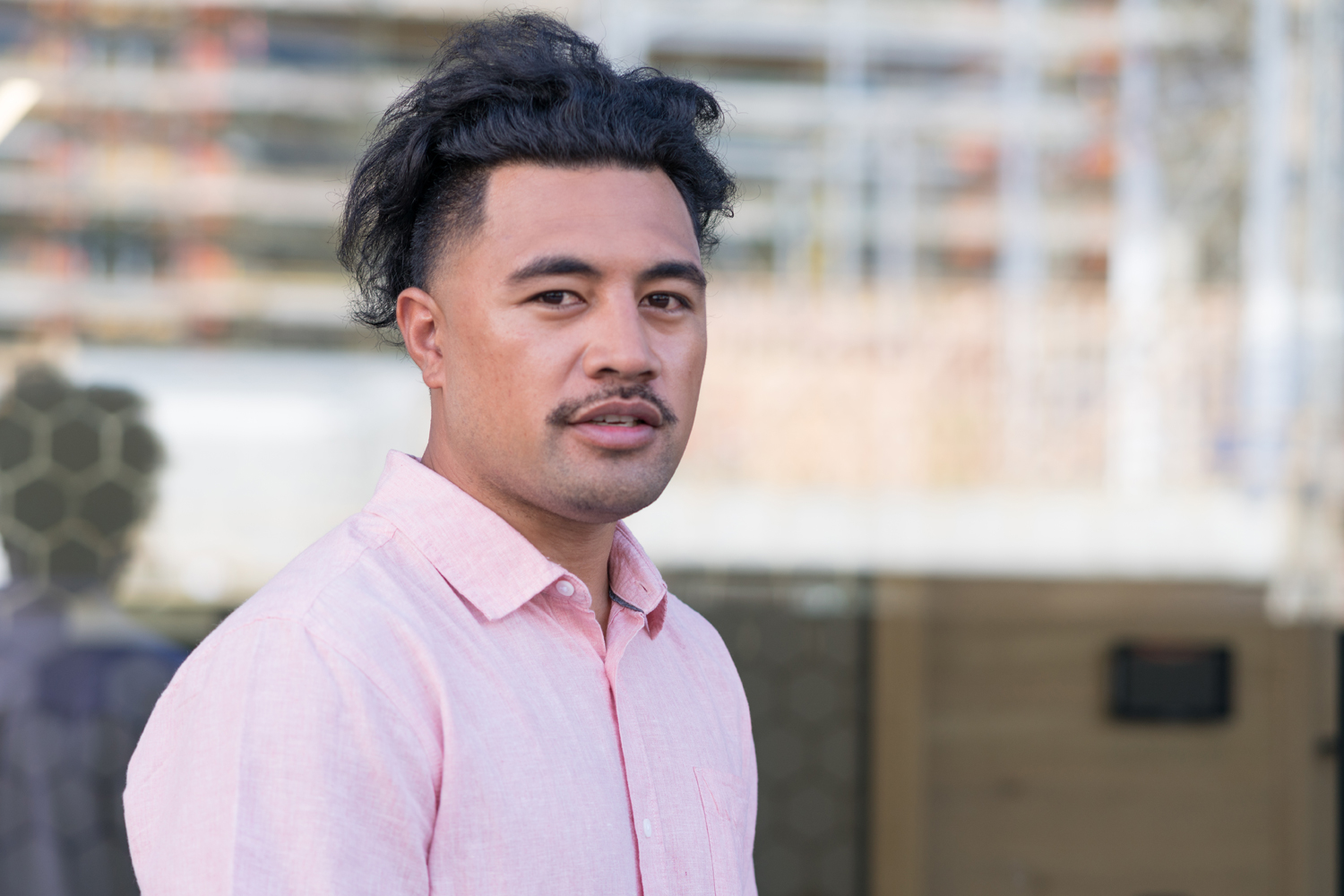Every week, the editors of Cancer Today magazine bring you the top news for cancer patients from around the internet. Stay up to date with the latest in cancer research and care by subscribing to our e-newsletter.
Native Hawaiians and Pacific Islanders Have Highest Cancer Death Rate Among Young Adults
Recent findings from the National Cancer Institute showed that the Native Hawaiian and Pacific Islander (NHPI) community has the highest cancer death rate in the U.S. for adults ages 20 to 49. Awareness of the heightened risk to these communities is growing. Until recently, data on Native Hawaiians and Pacific Islanders were included as part of a broader Asian category. The National Center for Health Statistics only started reporting NHPI as a separate category in 2018. Asian Americans have one of the lowest cancer death rates in the country, which effectively hid the disparity affecting NHPI communities for years. Disaggregating data for this population has been an ongoing project for Loïc Le Marchand, associate director for population sciences at the University of Hawaiʻi Cancer Center. Le Marchand spoke to NBC News about the need for greater research into NHPI communities. “Native Hawaiians have been disadvantaged, understudied … for many decades,” he said. “Those health issues exist and need to be addressed.”
Hundreds of Thousands Lose Medicaid Coverage in Many States
During the COVID-19 pandemic emergency, people who qualified for Medicaid were allowed to keep coverage without having to prove continued eligibility. But as of April, states are allowed to remove people who do not prove their eligibility. In some states, there has been widespread confusion over the change, with hundreds of thousands of people losing coverage. In Florida, 249,427 people lost their coverage in April—half of everyone who had their eligibility checked, according to an analysis by Georgetown University Center for Children and Families. However, only 10% of those who lost coverage were deemed to be ineligible while 82% were removed for procedural reasons. Florida has not expanded Medicaid to more low-income adults under the Affordable Care Act, so a greater portion of those who get Medicaid there are families and many of those who lost coverage since April 1 are expected to be children. Florida resident Liz Adams discovered her son, who had previously been treated for leukemia and has ongoing health challenges, lost Medicaid coverage after she called to check the time of her son’s upcoming biopsy appointment. The procedure had been cancelled because he had no insurance. “I waited a year to get in with a rheumatologist, and we finally got the biopsy and we finally got blood work ordered, and I can’t go do any of it because they canceled my insurance,” she told NPR. States have had months to prepare for the change and some have managed less jarring transitions, such as Pennsylvania where only 10% of people reviewed lost their coverage, or Arizona where the rate was 17%.
Recognition of Barriers Leads to Increased Lung Cancer Screening
A program at Temple Health in Philadelphia increased the rate of lung cancer screening for historically underserved populations. Research presented May 21 at the American Thoracic Society International Conference in Washington, D.C., described how focus group discussions included people from the communities they hoped to reach—at least half the members of each group were African American from North Philadelphia and eligible for lung cancer screening. Insights gathered from the discussions were used to inform a program that increased the number of eligible Black and Hispanic people getting low-dose CT lung cancer screening. Stefanie E. Murphy, associate vice president of corporate marketing at Temple Health, told Healio that insights from the focus groups led to more concise and accessible language, an emphasis on patient navigation services that help people find support in the health system, and leaving the word cancer off some materials. “It was informative and crucial to discover that traditional messaging, such as ‘Lung Cancer Screening Saves Lives,’ may come across as too threatening for some populations,” Murphy said. This led to more positive framing in outreach material with terms such as “chest screenings” or “know your lung health.” When people showed an interest, health care providers could then speak more in depth about the procedures, including their utility in detecting cancer.
Cancer Today magazine is free to cancer patients, survivors and caregivers who live in the U.S. Subscribe here to receive four issues per year.





